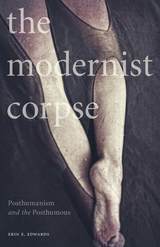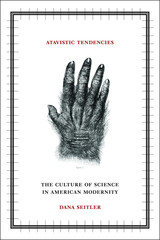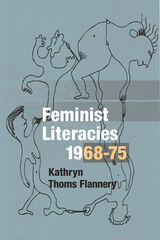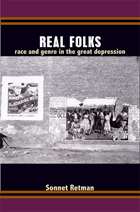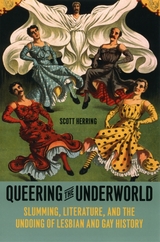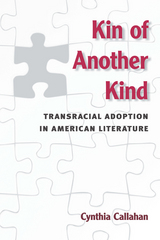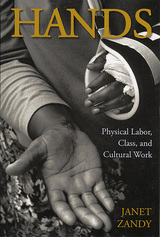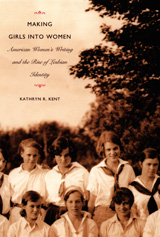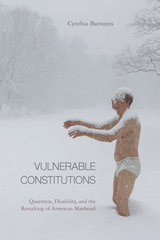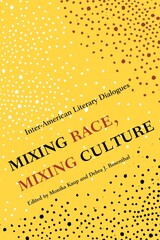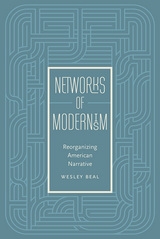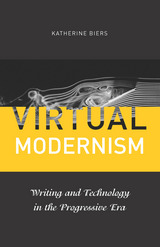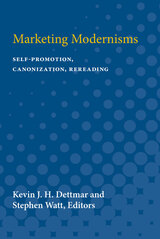Claiming Others: Transracial Adoption and National Belonging
University of Minnesota Press, 2010
Cloth: 978-0-8166-6958-5 | Paper: 978-0-8166-6959-2
Library of Congress Classification PS228.I69J47 2010
Dewey Decimal Classification 810.935254
Cloth: 978-0-8166-6958-5 | Paper: 978-0-8166-6959-2
Library of Congress Classification PS228.I69J47 2010
Dewey Decimal Classification 810.935254
ABOUT THIS BOOK | AUTHOR BIOGRAPHY | REVIEWS | TOC
ABOUT THIS BOOK
Jerng considers how adoption makes us rethink the parent-child bond as central to issues of race and nationality, showing the ways adoption also speaks to broader questions about our history and identity. He analyzes adoption through a diverse set of texts, including the 1851 Massachusetts statute that established adoption as we understand it today, early adoption manuals, the New York Times blog Relative Choices, and the work of John Tanner, Lydia Maria Child, William Faulkner, Charles Chesnutt, Chang-rae Lee, and David Henry Hwang.
Imaginative and social practices of transracial adoption have shaped major controversies, Jerng argues, from Native American removal to slavery to cold war expansionism in the twentieth century and the contemporary global market in children. As Claiming Others makes clear, understanding adoption is crucial not just to understanding the history between races in the United States, but also the meaning of emancipation and the role of family in nationhood.
Transracial adoption has recently become a hotly contested subject of contemporary and critical concern, with scholars across the disciplines working to unravel its complex implications. In Claiming Others, Mark C. Jerng traces the practice of adoption to the early nineteenth century, revealing its surprising centrality to American literature, law, and social thought.
Jerng considers how adoption makes us rethink the parent-child bond as central to issues of race and nationality, showing the ways adoption also speaks to broader questions about our history and identity. He analyzes adoption through a diverse set of texts, including the 1851 Massachusetts statute that established adoption as we understand it today, early adoption manuals, the New York Times blog Relative Choices, and the work of John Tanner, Lydia Maria Child, William Faulkner, Charles Chesnutt, Chang-rae Lee, and David Henry Hwang.
Imaginative and social practices of transracial adoption have shaped major controversies, Jerng argues, from Native American removal to slavery to cold war expansionism in the twentieth century and the contemporary global market in children. As Claiming Others makes clear, understanding adoption is crucial not just to understanding the history between races in the United States, but also the meaning of emancipation and the role of family in nationhood.
See other books on: Adoption in literature | Interracial adoption | Minority Studies | National Belonging | Race in literature
See other titles from University of Minnesota Press

